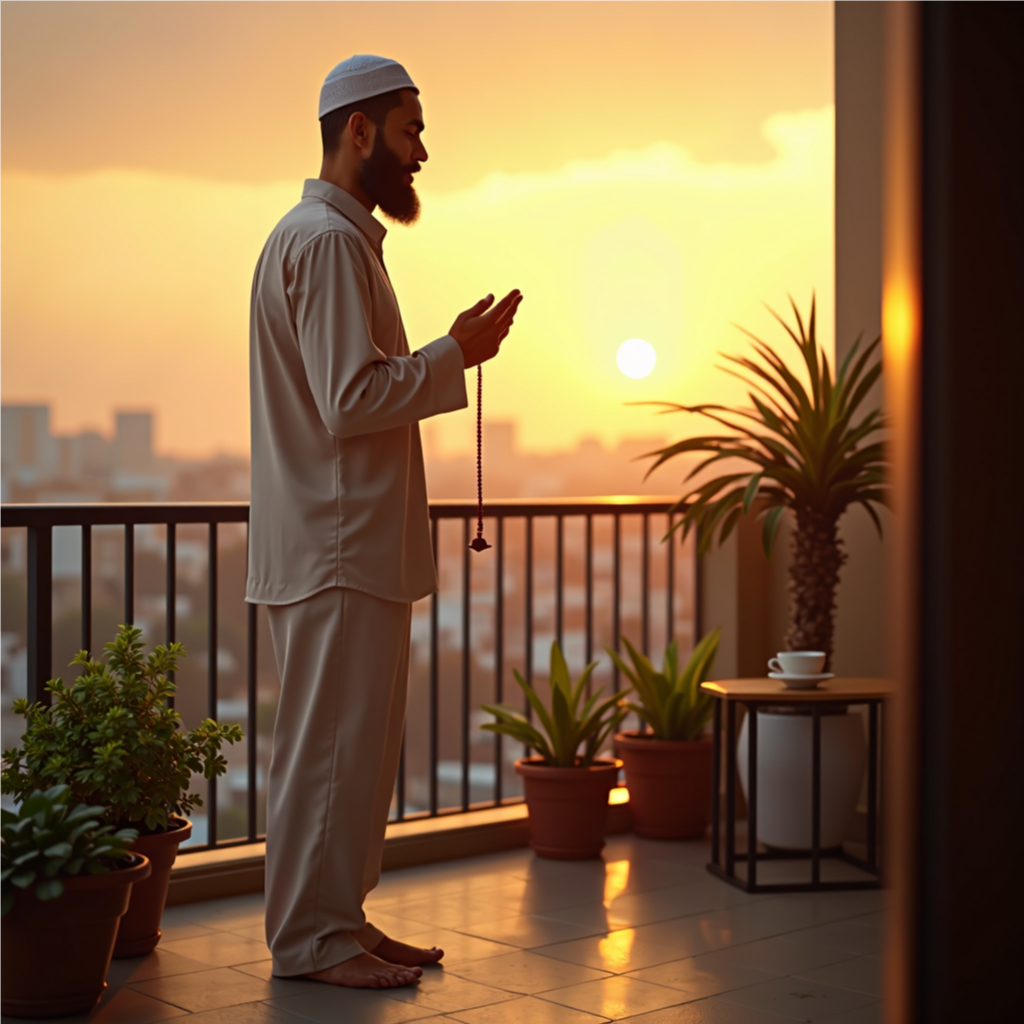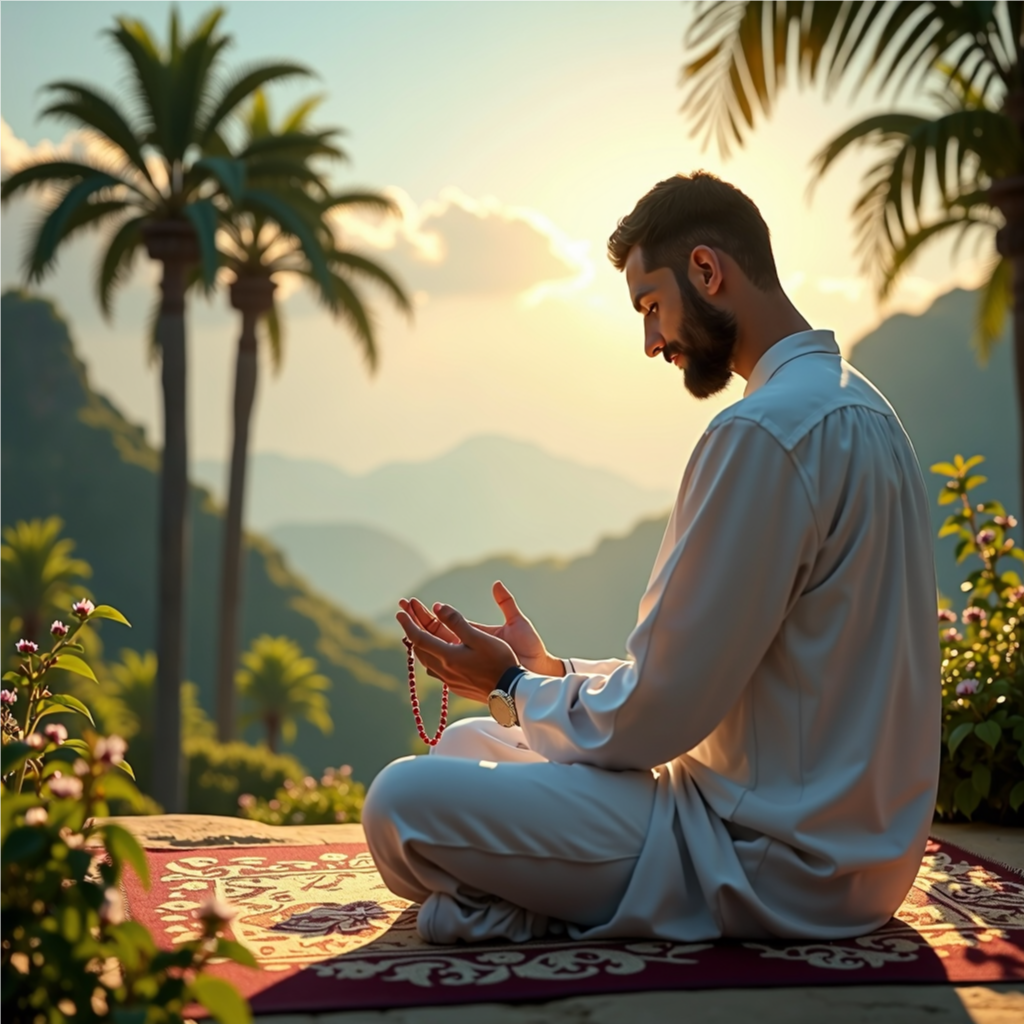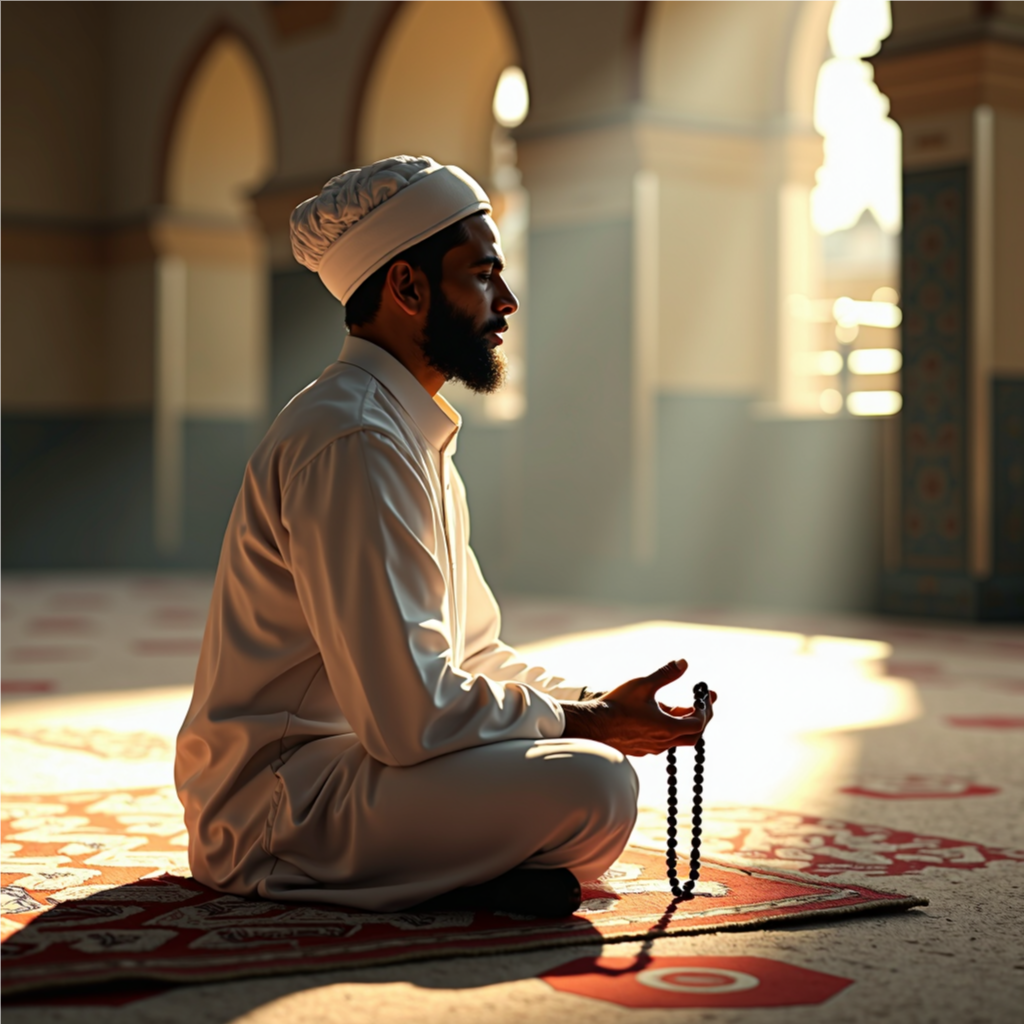In the hustle and bustle of daily life, it’s easy to lose touch with the spiritual essence at the heart of our faith. However, the practice of Dhikr, or the remembrance of Allah, serves as a powerful tool to deepen our connection with Him. By incorporating Dhikr into our daily routines, we can find solace, tranquility, and a renewed sense of purpose.
The Importance of Dhikr in Islam
One of the most essential daily Dhikr practices in Islam is the recitation of the Shahadah: “La ilaha illallah, Muhammadur Rasulullah” (There is no god but Allah, and Muhammad is the Messenger of Allah). This simple yet profound declaration of faith is the foundation of our belief system and serves as a constant reminder of our purpose in life.
The Power of Tasbih: Strengthening Your Faith
Another important form of Dhikr is the recitation of Tasbih, a concise yet profound phrase that encapsulates the essence of our faith: “Subhanallah, Alhamdulillah, Allahu Akbar” (Glory be to Allah, All praise is for Allah, Allah is the Greatest). This powerful remembrance can be repeated throughout the day—whether walking, sitting, or engaging in daily activities—keeping our hearts and minds focused on Allah.
Additional Forms of Dhikr
Beyond the Tasbih, the Quran and the Sunnah (the teachings and practices of Prophet Muhammad, peace be upon him) provide us with a wealth of Dhikr practices to enrich our spiritual lives. These include:
Recitation of Specific Quranic Verses:
Ayat al-Kursi (The Throne Verse, Surah Al-Baqarah 2:255) for protection and blessings.
The last two verses of Surah Al-Baqarah (2:285-286) for guidance and mercy.
The Beautiful Names of Allah (Asma ul-Husna):
Reflecting on and reciting the 99 names of Allah, such as Ar-Rahman (The Most Merciful), Al-Ghaffar (The Forgiver), and Al-Wadud (The Loving).
Morning and Evening Adhkar:

morning and evening adhkar
- “In the name of Allah with whose Name nothing is harmful on Earth nor in the Heavens and He is the All-Hearing, the All-Knowing
- I seek refuge in the perfect words of Allah from the Evil of what He has created
- “O Allah, by your leave we have reached the morning and by Your leave we have reached the evening, and by Your leave we live and by Your leave we die and unto You is our resurrection.” And at night say: “O Allah, by your leave we have reached the evening and by Your leave we have reached the morning, and by Your leave we live and by Your leave we die and unto You is our return
- “O Allah, I ask You for pardon and well-being in this life and in the Here-After. O Allah, I ask You for pardon and well-being in my religion and worldly affairs, and my family and my wealth. O Allah, veil my ‘Awrah’ (everything privet you do not want anyone to see from your aldwlyaldwlyaldwlyaldwly and others, or your weakness) and set at ease my dismay. O Allah, preserve me from the front, the back(behind), my right, my left and from above, and I seek refuge in Your Greatness that I may be attacked from below
- “None has the right to be worshipped except Allah; He is One and has no partner. All the kingdom is for Him, and all the praises are for Hi, and He is Omnipotent
- “O Allah, You are my Lord, none has the right to be worshipped except You, You have created me and I am your servant and I abide to Your covenant and promise as best as I can, I seek refuge in You from the evil of what I have done (wrong), I acknowledge Your favor upon me and I acknowledge my sin, so forgive me, for none forgives sins except You
- Subhan Allah Wa behamdih (How perfect Allah is and I praise Him
Dhikr After Salah:
the prophet Muhammed (PBUH) said: “If anyone extols Allah after every prayer thirty-three times, and praises Allah thirty-three times, and declares His Greatness thirty-three times, ninety-nine times in all, and says to complete a hundred:” There is no god but Allah, having no partner with Him, to Him belongs sovereignty and to Him is praise due, and He is Potent over everything,” his sins will be forgiven even If these are as abundant as the foam of the sea.”
Dhikr Before Sleeping:
- Reciting Ayat al-Kursiy
- Reciting the last two verses of Surah al-Baqarah
- Reciting Surah Al-Ikhlas, Surah Al-Falaq, and Surah An-Nas three times each for protection.
- Saying ‘Bismika Allahumma amutu wa ahya’ (In your name, O Allah, I die and I live).
The Benefits of Dhikr
One of the most profound benefits of Dhikr is its ability to calm the heart and mind, enabling us to find solace in the remembrance of Allah. As the Quran states:
“Verily, in the remembrance of Allah do hearts find rest” (Quran 13:28).
By regularly engaging in Dhikr, we cultivate inner peace and contentment, even in the face of life’s challenges. Dhikr also strengthens our faith, increases our gratitude, and keeps us mindful of Allah’s presence in every moment.
Making Dhikr a Daily Habit
As we embark on our journey of faith, let us embrace the power of Dhikr and make it an integral part of our daily lives. Whether through the recitation of the Shahadah, the Tasbih, or other forms of remembrance, Dhikr helps us deepen our connection with Allah, find solace in times of difficulty, and ultimately enhance our spiritual well-being.
Let us strive to remember Allah in every moment, for His remembrance is the key to a heart at peace and a life filled with purpose.






